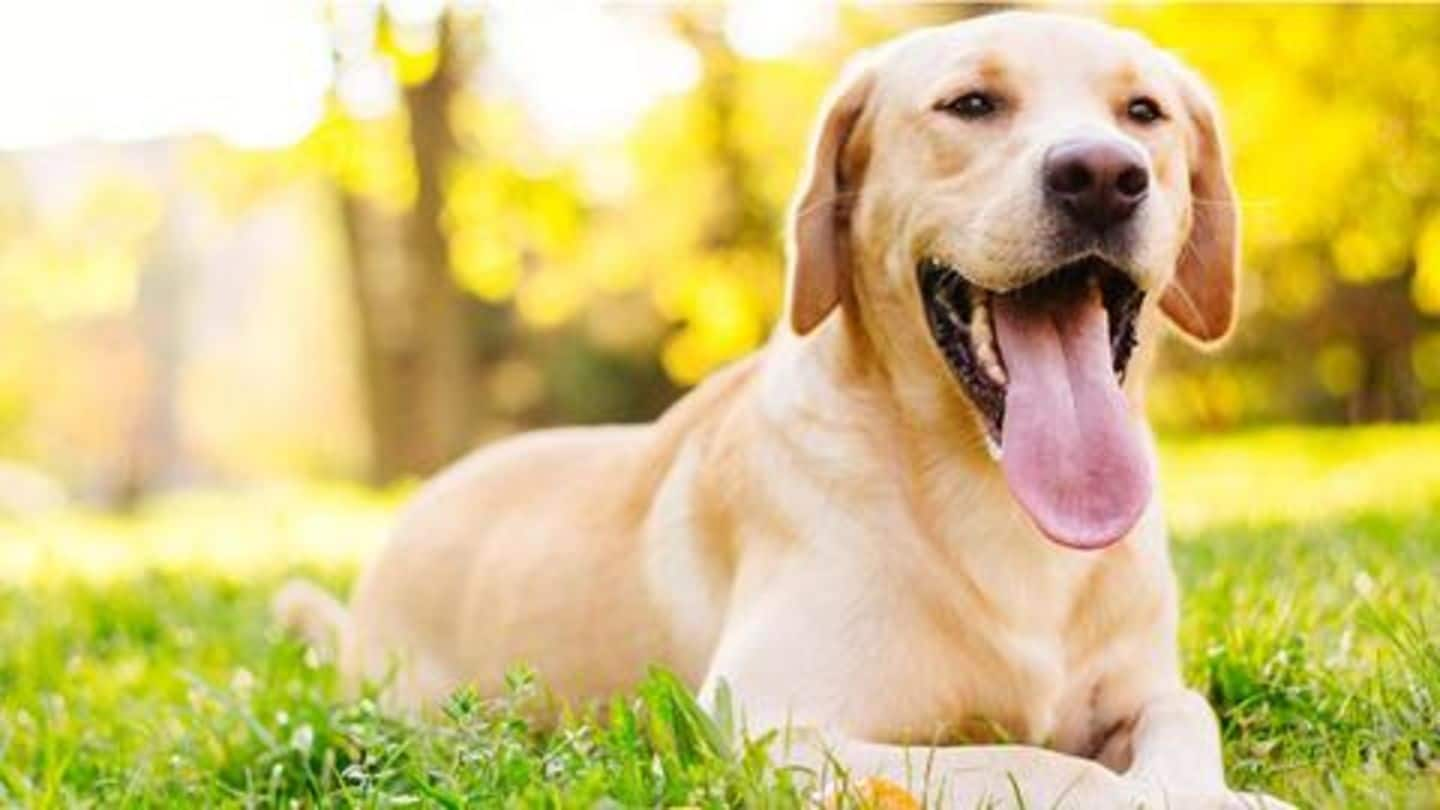
Five health-problems to mind, if you have an old dog
What's the story
Just like yourself and everyone around, your doggy is also growing old. And although we realize you take the best care of it already, you might just need to be extra careful in case it has entered its senior years. Here are five health conditions you need to be mindful of, if your pooch has entered its later years.
#1
Vision loss or other eye health problems
Deteriorating eyesight is a normal part of aging process in dogs. So, if your doggy has begun showing signs of vision loss or discomfort in eyes (redness, cloudiness etc.), it may be a good time to see your vet and rule out chances of treatable eye diseases such as corneal damage, dry eye syndrome and cataracts. Also, try guiding your doggy more often.
#2
Dental problems
If you haven't been sincere about brushing your dog's teeth regularly or taking him for dental check ups, it might soon start showing signs of dental issues like bad breath, excessive drooling, loose teeth, gum inflammation, and others. However, know that it's never too late to start caring for your mate. Talk to your vet and seek tips. Remember, it's all about good maintenance.
#3
Skin problems
Although skin issues might show up at any age, your dog is more likely to suffer from rashes, lesions swelling, lumps, skin dryness and hair fall during old age. If you witness one or more of these symptoms, talk to your vet soon, who might advise some dietary changes or proceed with tests to check the underlying cause.
#4
Weight gain/loss
As they age, some dogs tend to shed weight, while some others might begin gaining extra kilos. Both conditions are unhealthy for your doggy, as poor weight management can put it at risk of various diseases such as diabetes, heart disease, arthritis and even cancer. It is advisable to plan an age-appropriate diet and exercise regimen for your senior dog, to keep it healthy.
Do you know?
#5: Changes in cognitive behavior and memory loss
If your doggy shows signs of confusion, disorientation, memory loss, or other unexpected, behavior or personality changes, go see your vet as soon as possible, to find the underlying cause and seek treatment.